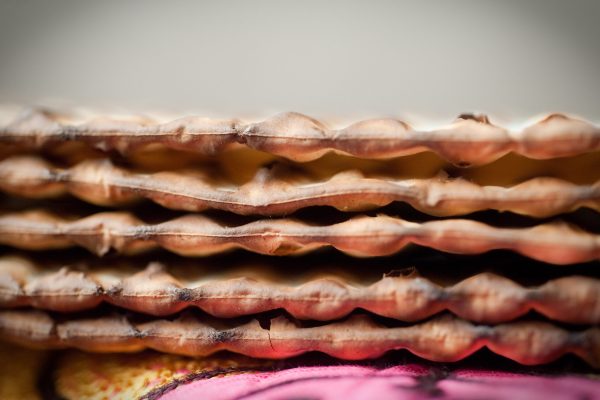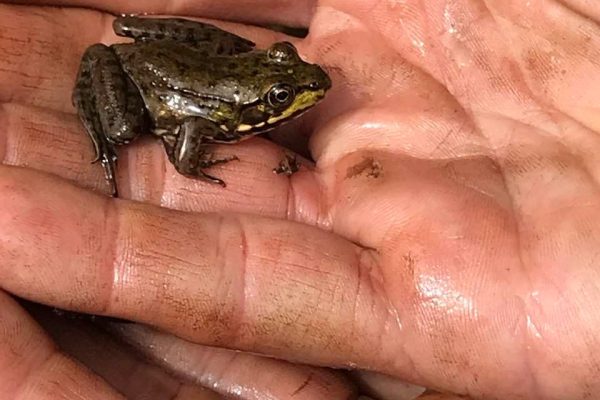Music is essential to the seder. Encourage everyone to sing along by making sure you include English songs and transliteration for Hebrew songs. Providing tambourines and other musical instruments at the table will make the evening more celebratory and will allow everyone to participate in the music of the evening even if they are hearing it for the first time. The instrument is deeply connected to the story of the Exodus as it was used by Miriam and the Israelite women when they danced and sang at the shores of the Red Sea after having successfully left Egypt and escaped the Egyptian army (Exodus 15:20).
Betsy Platkin Teutsch makes beautiful illustrated tambourines which are wonderful to use at your seder table. Visit her on the web or purchase via Ritualwell!
Tapes and CD’s
1. The Journey Continues – Debbie Friedman
This outstanding recording of 24 beautifully arranged Hebrew and English songs parallels the Ma’yan Passover haggadah of the same name. Debbie introduces new original songs, The Time is Now, B’chol Dor Vador and Birkat Hamazon, and shares her seder-appropriate renditions of Miriam’s Song, L’chi Lach, Shir Hama-a lot, Hodu, Hal’luyah, and more, plus sings traditional Pesach songs – Ha Lachma, Ma Nishtana, Avadim Hayinu, Ma L’cha Hayam, L’shanah Ha-ba’ah, and others – like you’ve never heard them before! Lyrics and translations included. jewishmusic.com
2. A Night of Many Questions, by Shabbat Unplugged
This lively recording of 30 songs accompanies the haggadah, featuring 23 traditional and seven original songs for Passover. Delightful to listen to and easy to learn from, this album will take you through the seder and keep you humming along! Includes the Four Questions, Dayyenu, Had Gadya and other old favorites, as well as Miriam’s Song by Debbie Friedman and new melodies for She-hechiyanu, Ki L’olam Hasdo, and more! Purchase here.
Other Miriam Songs (also can listen to them through jewishmusic.com):
Linda Hirshhorn’s Miriam’s Slow Snake Dance
Geela Rayzel Raphael’s Miriam











